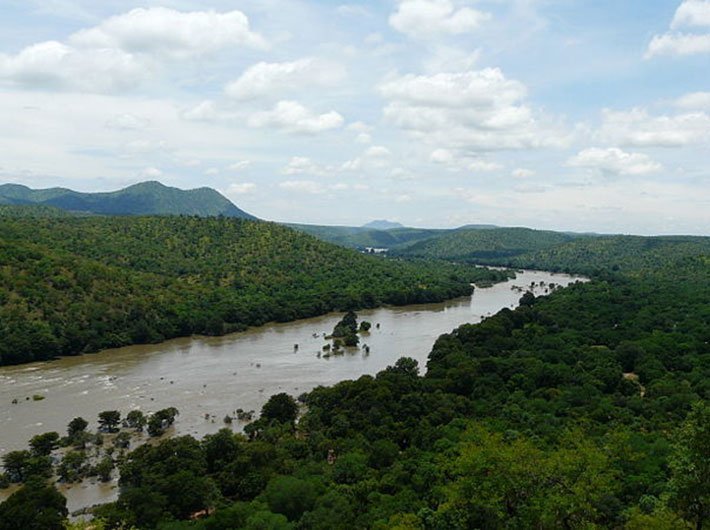States of Tamil Nadu andTamil Nadu have been in conflict over Cauvery water sharing. In September, the conflict turned violent which led to disruption of daily life in Bengaluru.
Seeking to resolve several inter-state disputes over river water sharing, the government has prepared a draft
National Water Framework Bill, 2016. The draft bill talks about sharing the river water by states without violating rights of others. Water pricing and regulators, water as right, drought management, flood management, water quality and water conservation are other areas that the bill covers.
The bill will work as a model bill for the states, giving them a framework to come out with laws to use and conserve water. The bill will go to the union cabinet for approval. The ministry of water resources, river development and Ganga rejuvenation has sought comment and suggestions on the bill. One can send comments on
[email protected] or
[email protected]
Here’s what the bill says about water sharing and conflicts:
- None of the states in a river-basin owns the river but as public trustees of the water resources of the river, all of them have rights to use the water of the river: Provided that such use does not violate the right to water for life of any person in the river basin.
- All basin states in a river system are equal in rights and status, and there is no hierarchy of rights among them, and further, in this context, equality of rights means not equal but equitable shares in the river waters.
- Centre should provide for River Basin Authority for each inter-state river basin or for a sub-basin of sub inter-sate river basin wherever appropriate, for optimum and sustainable development of the inter-state rivers and river valleys.
- Each river basin authority should prepare a master plan for the basin under its jurisdiction
- The upper basin state shall adopt a cautious and minimalist approach to major interventions in inter-state rivers; provide advance information to the 25 lower basin states about plans for intervention; consult them at all stages on possible impacts; and take care to avoid significant harm or injury to them.
- In an inter-state river system, all basin states shall cooperate in good faith in the equitable, prudent and holistic use of the river waters for the benefit of all.
- Appropriate institutional arrangements shall be established at all levels within the state and beyond up to an inter-state river-basin, to obviate and/or resolve emerging inter-state river-water disputes through negotiations, conciliation or mediation, or other such means, at the earliest stages before the disputes become acute, so as to avoid recourse to adjudication as far as possible.
- Existing water-related conflicts or disputes shall be reviewed and appropriate action taken in the light of the provisions of this Act.
- A National Water Informatics Centre shall be established to collect, collate and process hydrologic data regularly from all over the country, conduct the preliminary processing, and maintain it in open, transparent, accessible and user-friendly manner in the IndiaWRIS. An appropriate agency shall be set up for each river basin/sub-basin to collect and collate all data on regular basis with regard to rainfall, river flows, area irrigated by crops and by source, utilisations for various uses by both surface and ground water.


